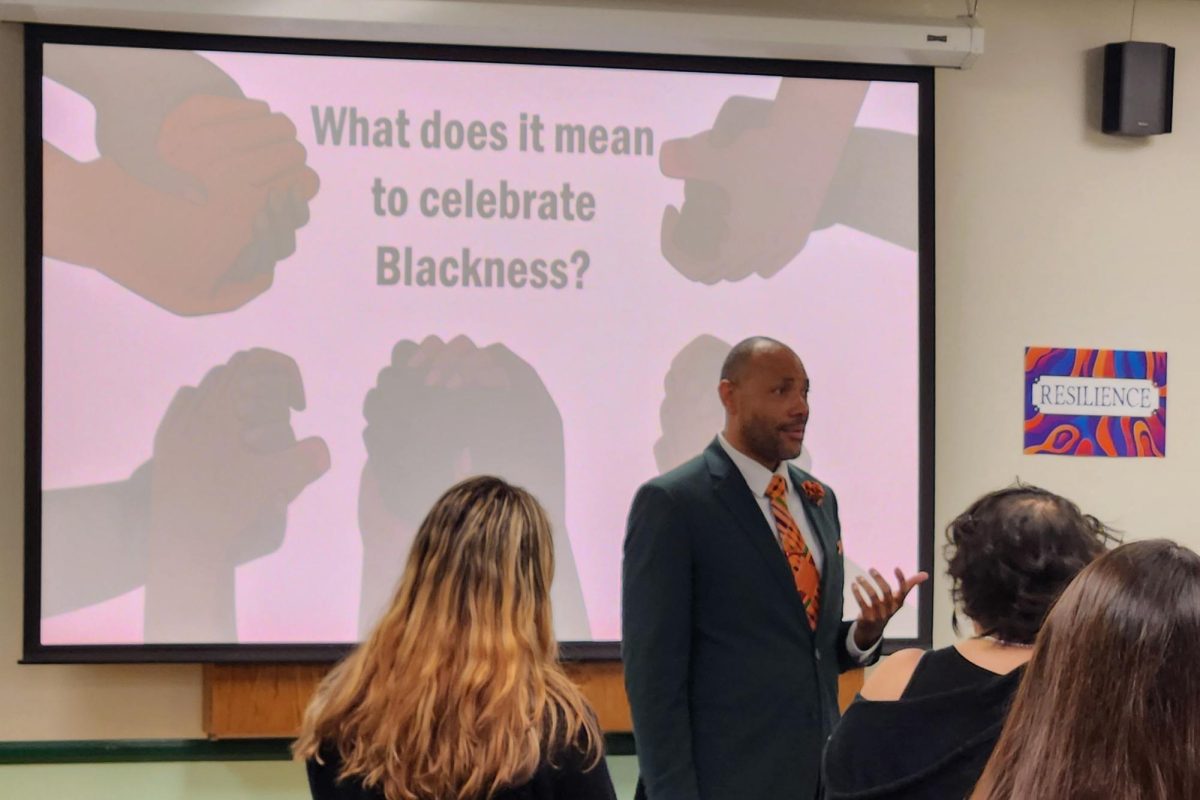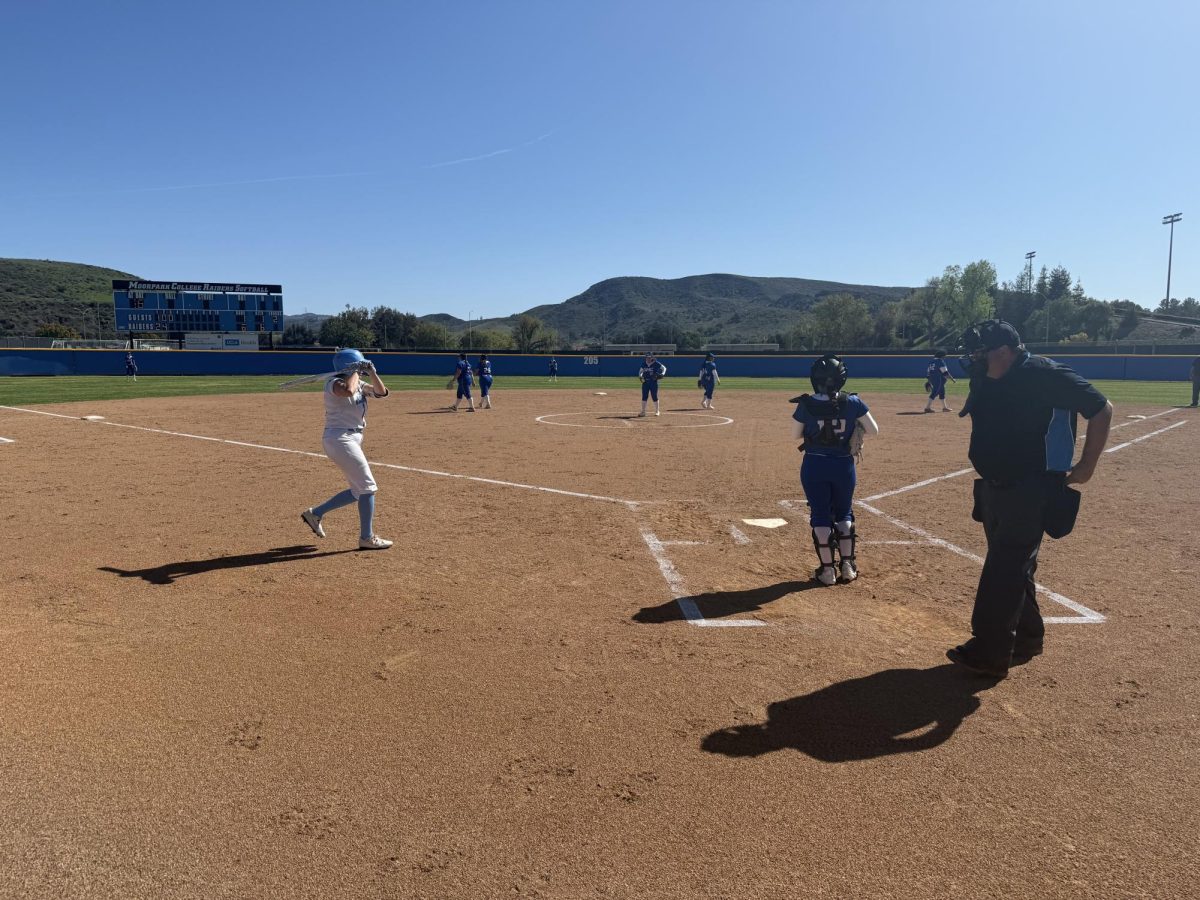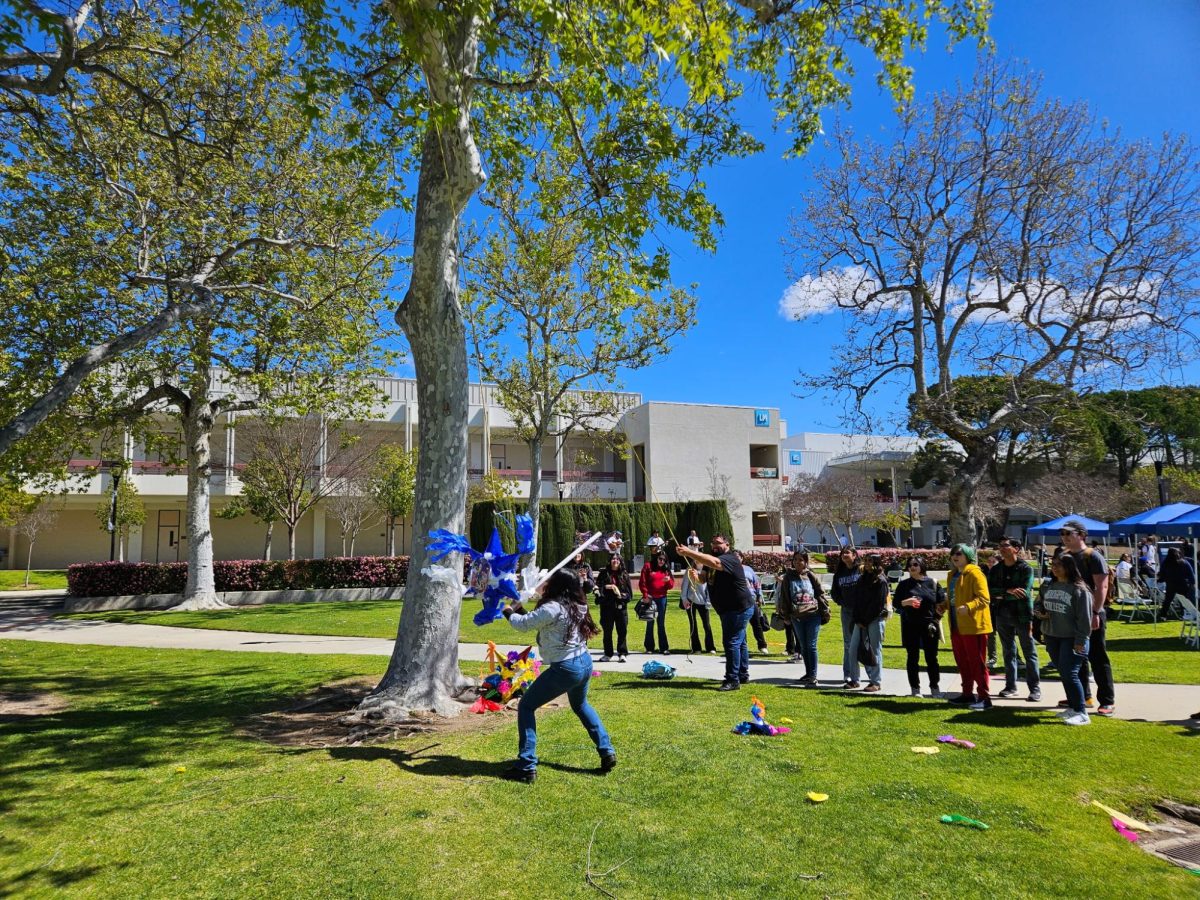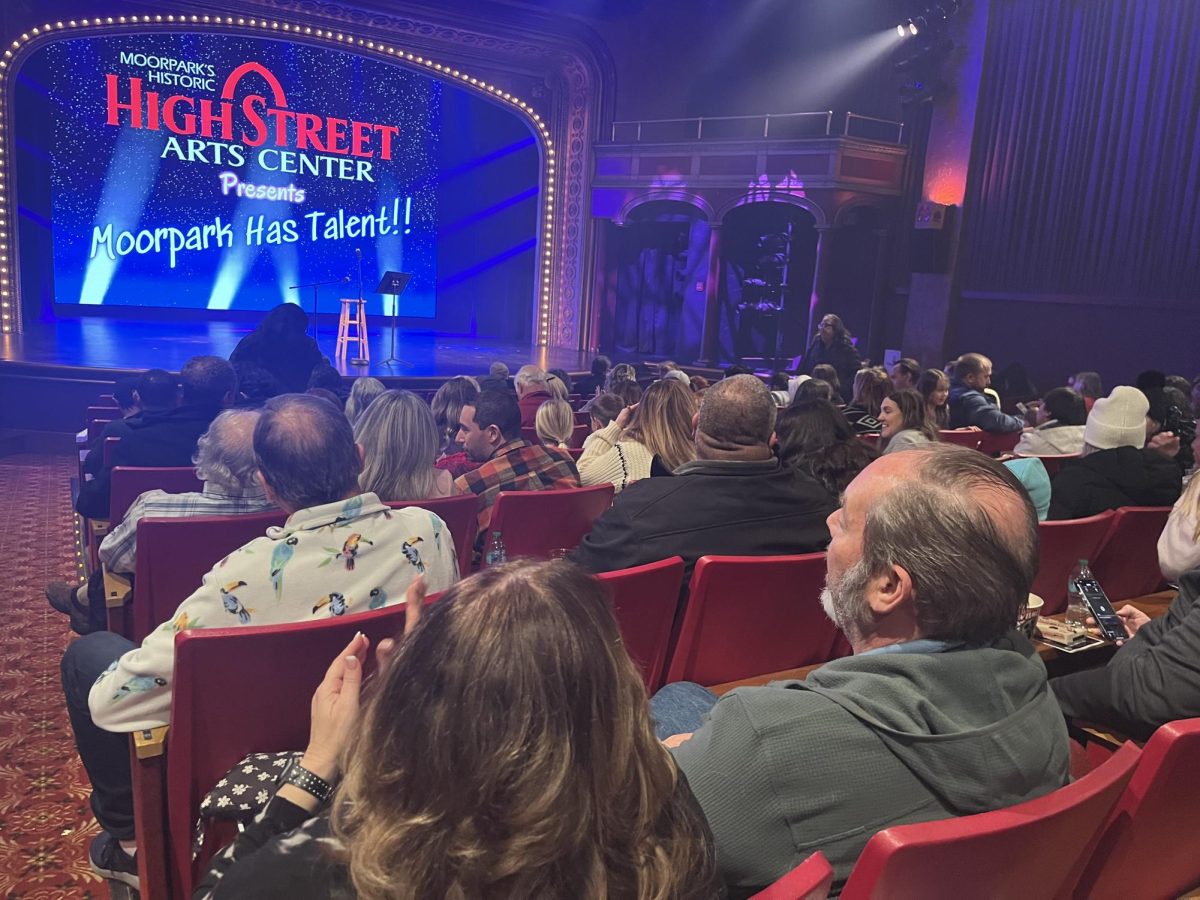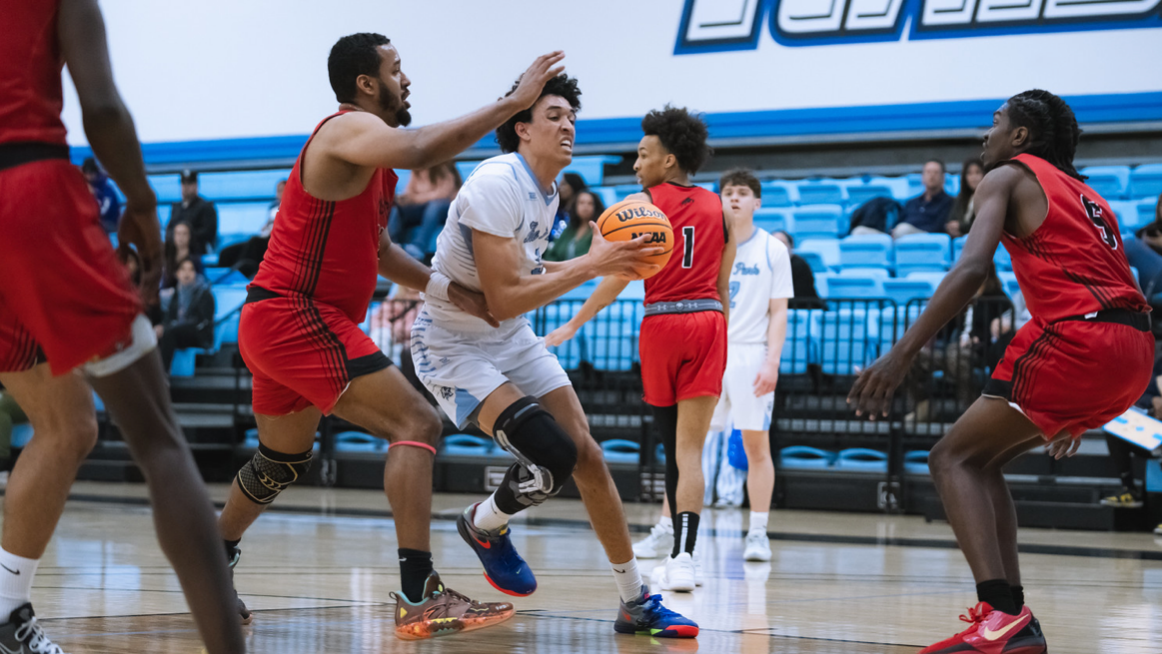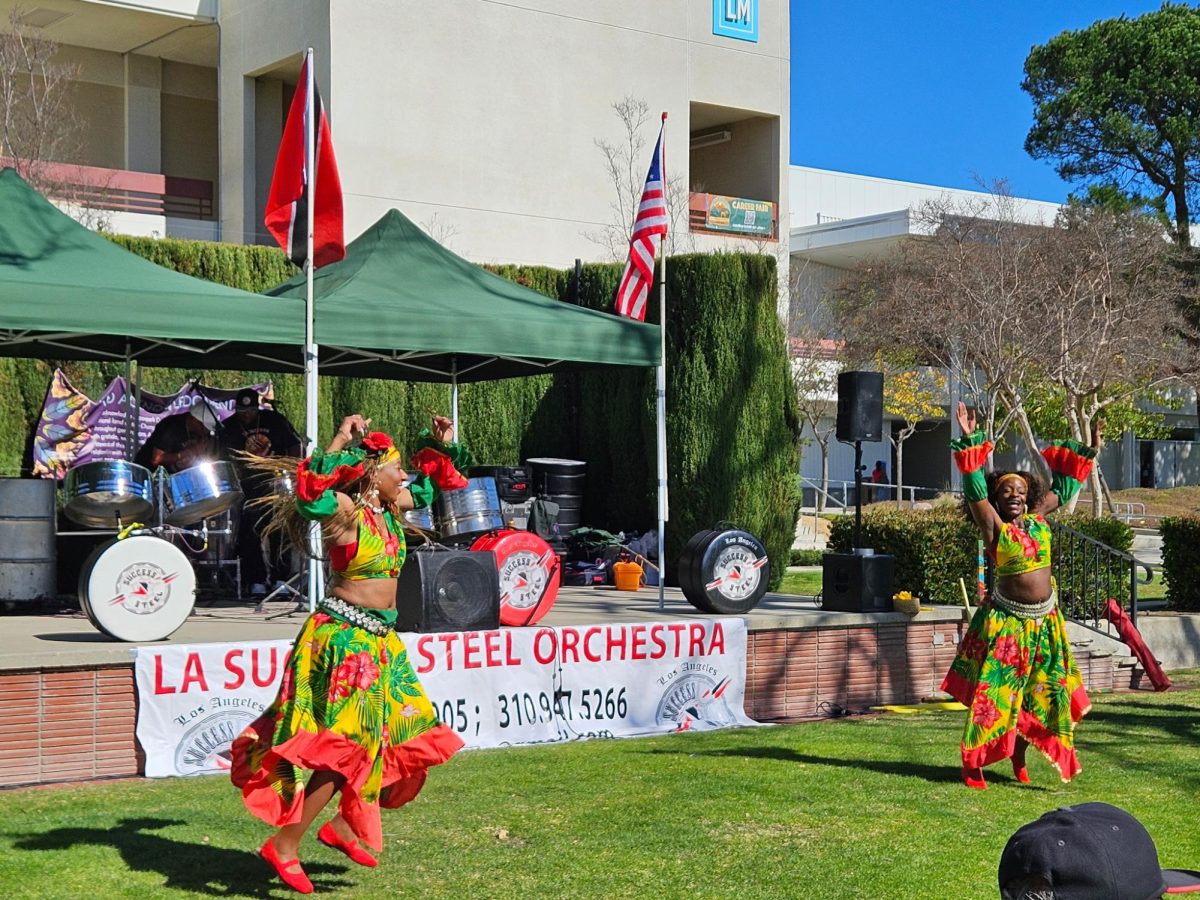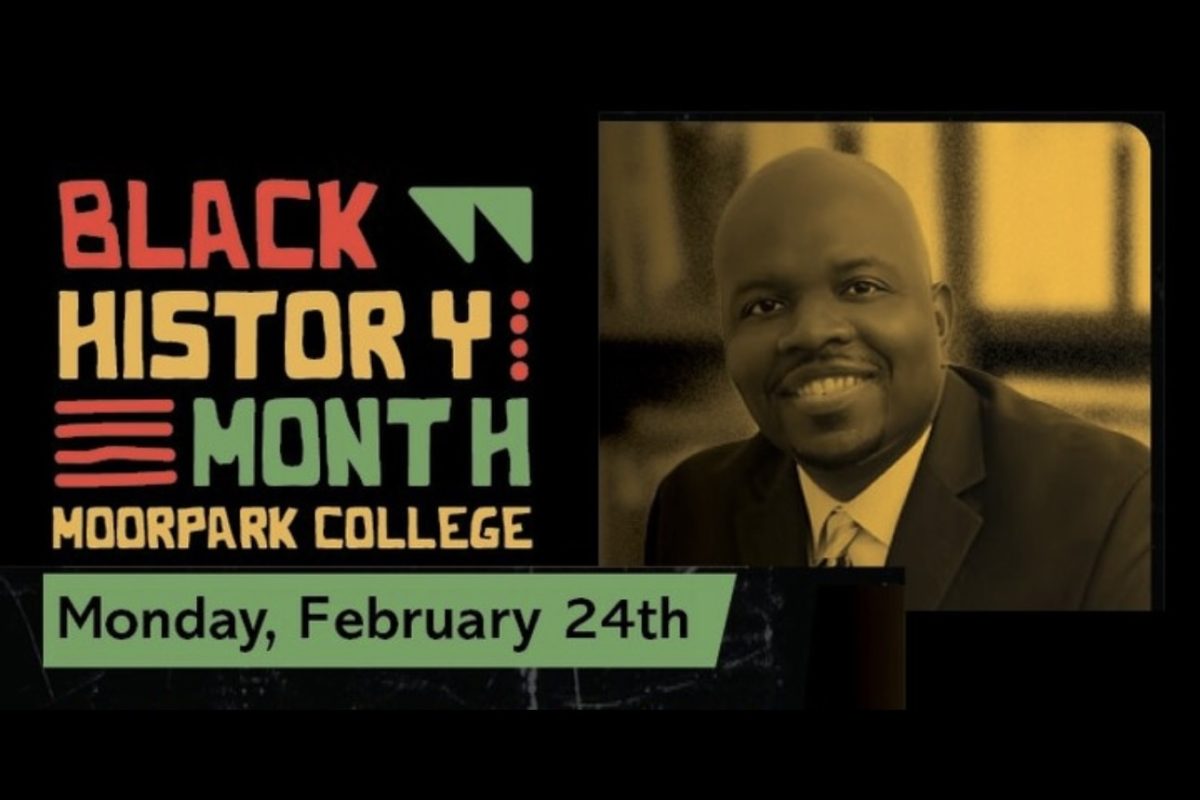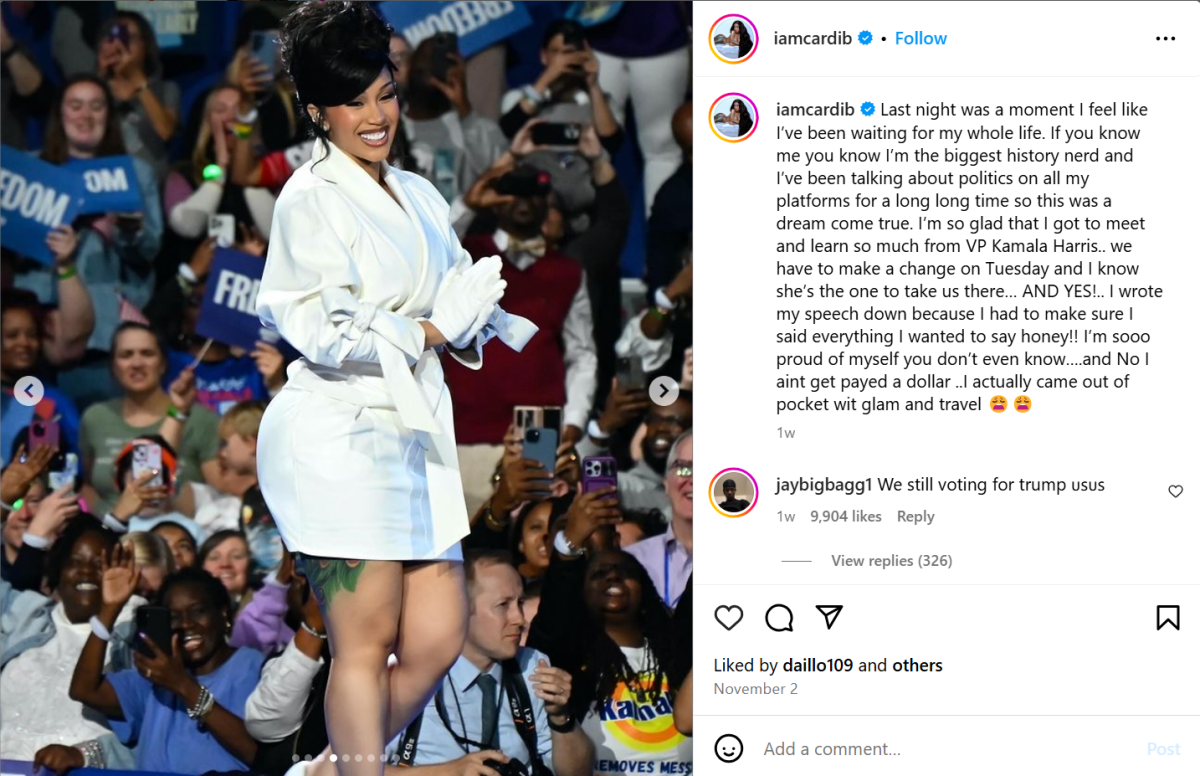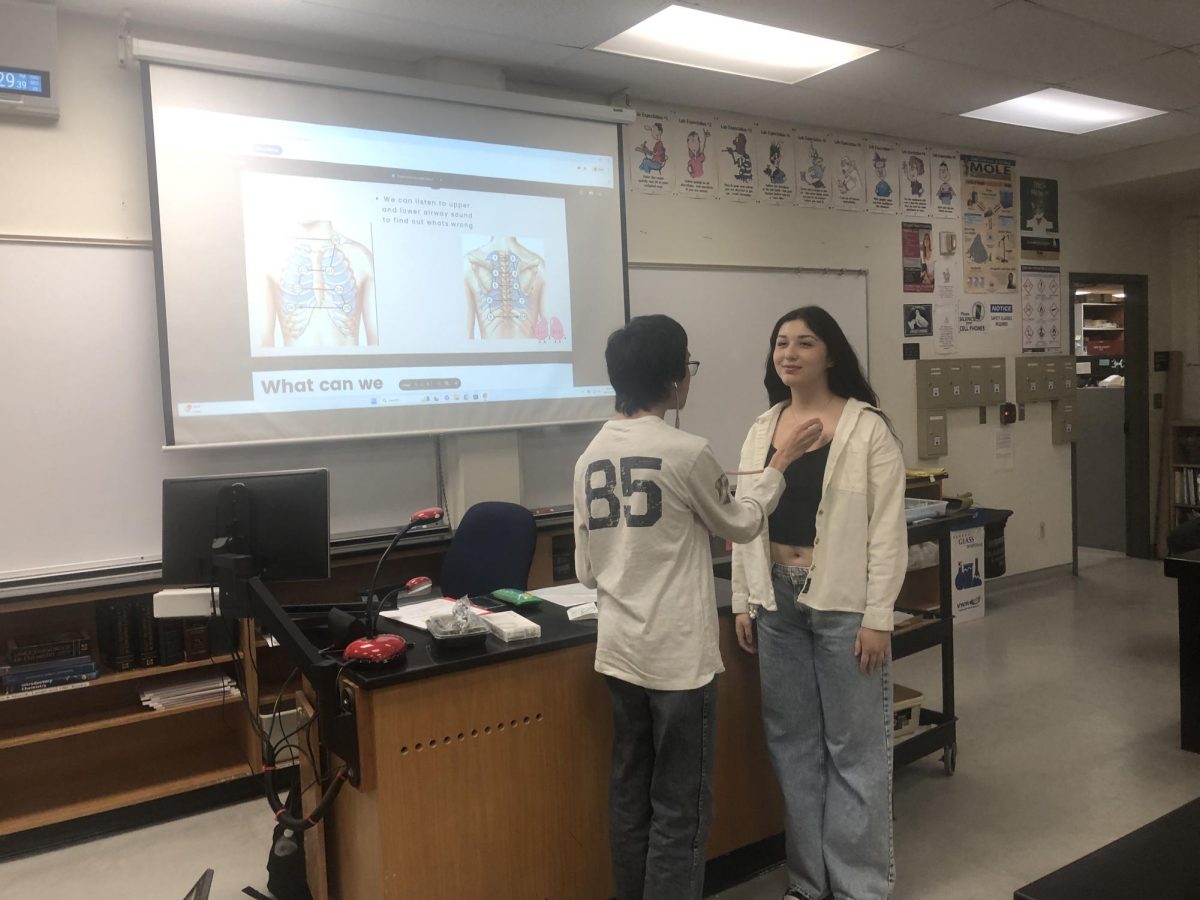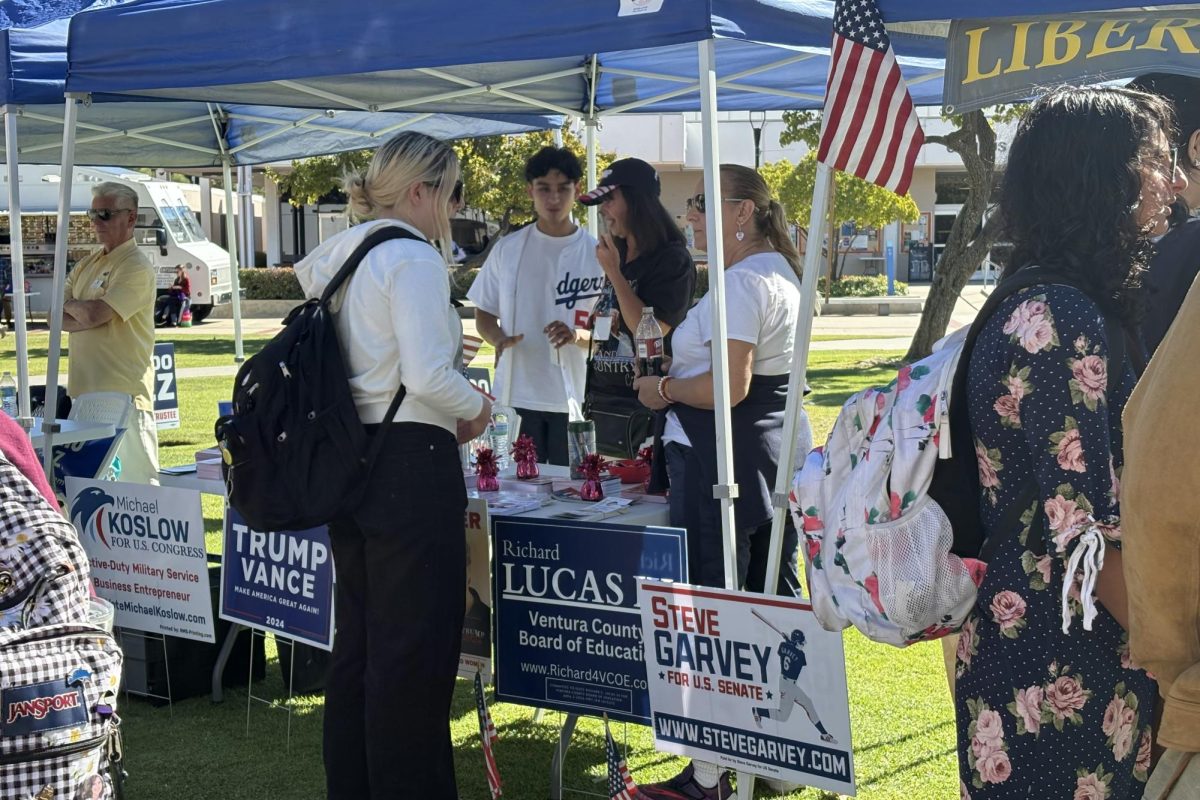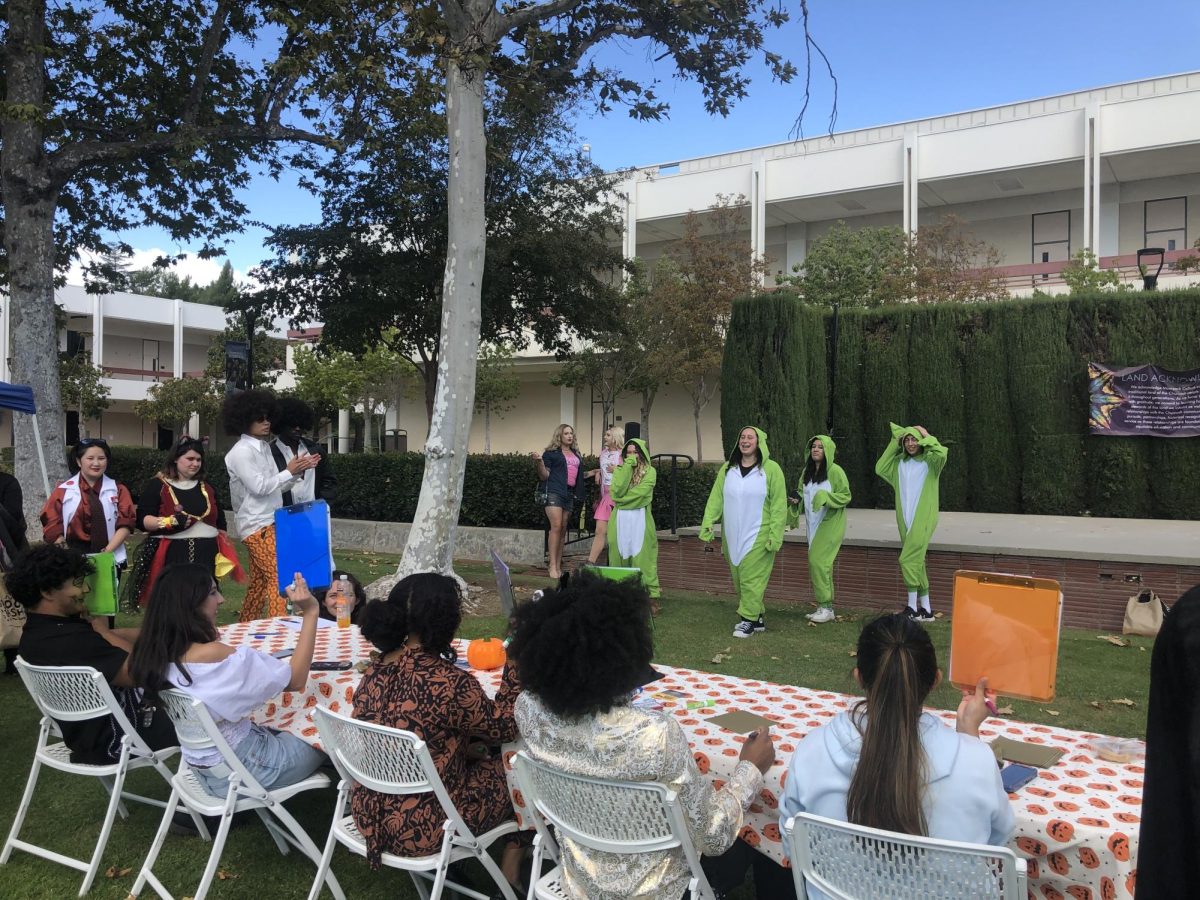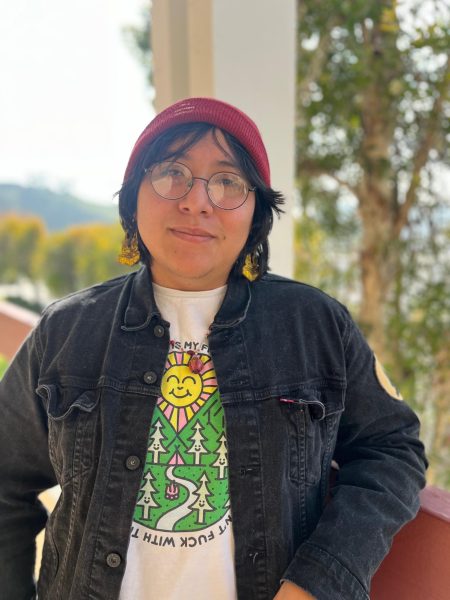On Feb. 26, Dr. Franklin Ellis, a specialist in multicultural counseling, came to give a talk to Moorpark College on what it meant to be Black on campus and asked introspective questions to the attendees on Blackness as an identity.
Ellis opened up his presentation by noting a few key elements of his identity stating he is a man who is Black, a class-straddler, spiritual, a mental health practitioner, southern and a part of the LGBTQ+ community among a banner of various other identities that built the person he is today.
These identities, Ellis points out, are crucial to who he is today and made it a point to recognize that we as people are multifaceted as individuals but his Blackness is his most salient of all.
“It is how I ultimately defined who I am,” Ellis stated.
After a brief introduction, Ellis opened up the conversation to the attendees asking them to discuss a few questions among themselves.
To start things off, he asked the crowd what it meant to be Black. Some attendees struggled to answer this question, with one in particular speaking out and recognizing her limited interactions with Black individuals due to where she grew up.
Ellis began to answer this question with a story about something he was asked while on a trip to Greece. After he arrived at the airport in Athens, he was asked if he was scared while traveling alone.
“No, I’m a 6’3 Black man, who’s gonna say something!” Ellis stated, followed by laughter in the crowd. “And we laugh, but look at who ends up dead in the streets. The complexity of that same thing that makes me safe also makes me very unsafe.”
Ellis followed this narrative by expanding on his lived experience of being Black,
“What it means to be Black is that I have to watch and I have to dial up and down a lot of my identity depending on who I’m around for people to feel a certain way. I have to show up a certain way. I have to talk a certain way,” said Ellis.
He continued this by expressing his grief on how people view Blackness saying,
“Because what we also do is make blackness this monolithic thing. Like anything else in this world, we are all diverse and we are all different.”
Ellis then asked the crowd to think and discuss what it meant to celebrate Blackness.
A student in the crowd made it a point that celebrating Blackness is about seeing through distortions of history.
“History has been so whitewashed a lot of time people growing up in this country don’t know about their own groups,” the student shared.
Ellis added to this by saying that this is a “full-telling of history” and that “History is often written by the people who win.”
He added some nuance to the question of what it means to celebrate Blackness and asked if it was ever racist to celebrate it. To this, he answered, that there is a difference between cultural appreciation and cultural appropriation.
He pointed out that institutionally dominant identities, and how they navigate other cultures, often define how those cultures are seen. He acknowledged how Cinco de Mayo makes caricatures of Mexican culture and makes it harder on them.
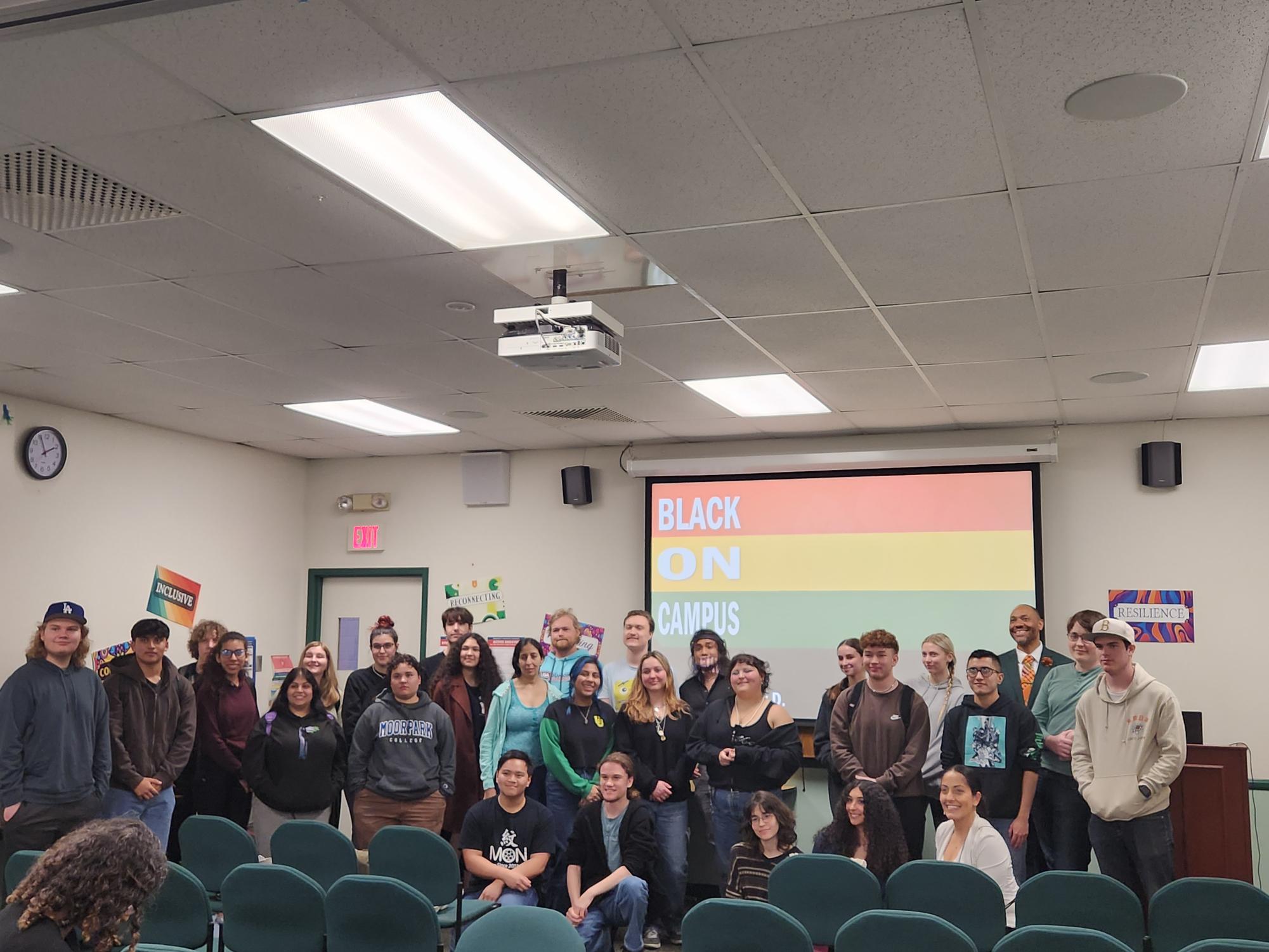
The final question given to the people in the room was to think about what it feels like to be Black on campus. One woman echoed complaints given to her by students of Moorpark College.
“I have had students say they’ve felt unsafe on campus. I don’t mean to [say] the negative only but I think that’s a lived reality for a lot of our African-American students,” the attendee commented.
Another student said she was unsure of how to answer this question saying,
“I saw this question and I looked at my partner and I said ‘I don’t know, I couldn’t tell you’ … but in my belief system, if we don’t ask questions like this and if we don’t get uncomfortable then how will we learn,” the student replied.
Ellis pointed out the importance of asking these questions not just to the Black people, but to any community on or off campus to properly address whatever issues they may be facing,
“We have to ask a lot of different questions,” Ellis said. “We have to get out of the head and into the heart. This allows us to create empathetic links. We start asking our friends those questions to support them. We learn so we don’t end up doing the same things that cause more harm to people in this world.”
Ellis then went over some more struggles he sees in marginalized communities. He adds from experience that there is a lot of emotional labor that goes into being part of the Division of Diversity of Equity and Inclusion. He may sometimes be the only person some students can go to and that labor often goes uncompensated.
“I have to be superhuman, while oftentimes I’m treated subhuman.”
Another aspect Ellis pointed out was dual alienation, something that he points out is seen mainly through things like imposter syndrome and traitor syndrome.
This, he states, is seen a lot in first-generation college students where one side of them wants to be seen as superhuman and not needing help, while the other pulls them away questioning if they belong there at all, rehashing the phrase he said earlier.
He brought up how people will oftentimes “measure” one’s Blackness. This followed the idea of Blackness being seen as a monolith, a concept that was brought up earlier in the discussion.
“Blackness is grande, it is huge, it is massive, and we get to define that for ourselves…”
Ellis followed this by stating that what was discussed is not exclusive to the Black community, but something that should likely resonate with anyone who identifies with any culturally marginalized community.
He recognized the need for intersectionality amongst non-dominant communities and a recognition that we should all be celebrated not just for one month a year but 365 days a year.
Ellis concluded his presentation with a request, to let the people sitting next to them know that they are priceless.
“There’s power in mattering, I don’t want to leave you with all these negative things. What I would say is, when you want people to belong [or] when you talk about being Black on campus and these feelings of isolation and possibly not being understood or seen, and I say this with anyone, give them matter.”
For more information on Dr. Franklin Ellis, click here to view his website.

